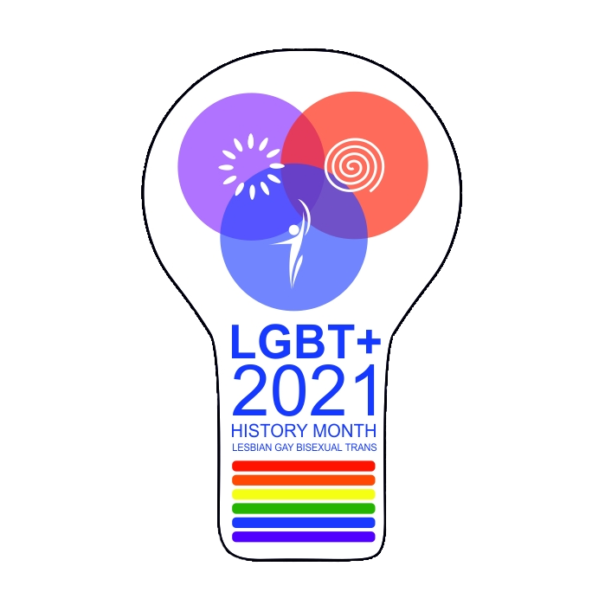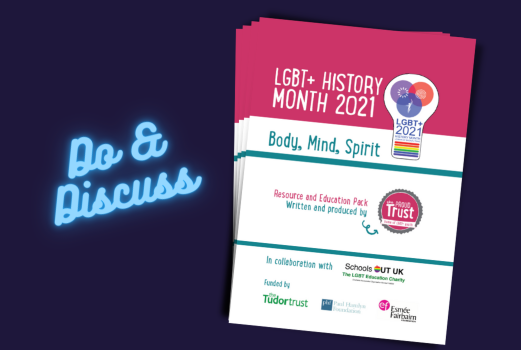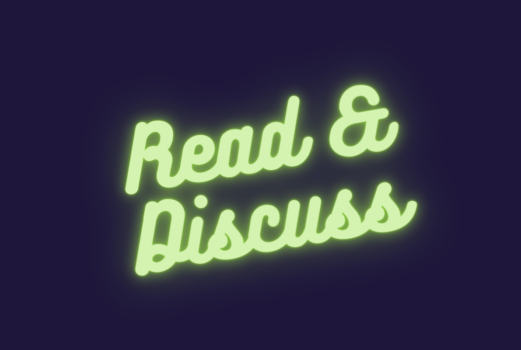Celebrate LGBT+ HIstory Month 2021
February sees the month long celebration of LGBT+ History Month, an important, informative and celebratory month aimed at educating out prejudice and providing visibility for LGBT+ people, in all their rich diversity.
Scroll down to find out more.
Why is it important to celebrate LGBT+ History Month?
Here are seven reasons:
1. To remember those without rights
2. To remember how we got rights
3. To discover the hidden stories we were never taught
4. To let LGBT+ children see themselves reflected back in their history
5. To learn how to change the world
6. To remember how far we’ve come, even recently
7. To learn about those different from ourselves – LGBT+ History Month is for more than just the LGBT+ Community
These are taken from an article written in March 2020 by Journalist Debbie Luxton (aptly called “7 Reasons why it’s important to have LGBTQ+ History Month” ). The 7 reasons she offers don’t just apply to LGBT+; they can be applied to the very purpose of our Cultural Calendar. With these in mind, please take a little time to think about how you and your service users might get involved.

Do & Discuss: Engagement Ideas
Below are some thought provoking Do & Discuss activity ideas for LGBT+ History Month. to help you generate discussion within your teams and service user groups.
If you have your own ideas, we'd love for you to share them.

LGBT+ History Resources Pack
Here is a workbook with some brilliant ideas for generating a little learning and conversation within your service. There are enough ideas in here to keep you going for the month.
You’ll see that The focus of LGBT+ History Month this year is BODY, MIND & SPIRIT, which links nicely to the mental health awareness that is being promoted in Fair Ways this week too. The workbook references 5 “faces” that LGBT+ History Month have chosen to represent BODY, MIND & SPIRIT - you may recognise one of people from a focus piece we shared in Black History Month.

Jonathan's Story
Here is a story from Jonathan, who works in Fair Ways, sharing his experience as a gay person growing up.
Have a read and see what you think about how Jonathan was treated by others throughout his formative years. What impact do you think the actions and inactions of those around Jonathan might have had? How do they differ? How would you have responded?
Thank you Jonathan for giving us these insights.

Watch "It's a Sin"
A jump back to September 1981: The lives of five friends converge in a flat together in London. But a distant threat means that life in the 80s might be all too precious.
This series is a poignant reminder of what people went through in the 80s, and highlights lessons we as a community (and wider society) can still learn today about the dangers of misinformation, as well as the importance of supporting others and creating an inclusive society.
Some Support Organisations for members of the LGBT+ Community
If you or someone in your service identifies as LGBT and would like to talk to someone about mental health, these organisations below may be a good place to start:
-
Albert Kennedy Trust: supporting young LGBT people between 16 and 25 years old.
-
Gendered Intelligence: working with the trans community and those who impact on trans lives with a particular focus on supporting young trans people under the age of 21.
-
Imaan: the UK’s leading LGBTQ Muslim charity.
-
Stonewall: a service that enable you to find LGBT mental health services in your local area
-
LGBT Consortium: another service aimed at finding LGBT mental health services in your local area
Want to see something different?
We are always looking for feedback! If you think we are missing the chance to shout about something great that is going on, let us know!
Send us your feedback